Survival Gains Make CAR T-Cell Therapy Cost-Effective for Pediatric Leukemia

When evaluated based on the cost per life-year gained, the chimeric antigen receptor (CAR) T-cell immunotherapy drug tisgenlecleucel is considered cost effective in pediatric B-cell acute lymphoblastic leukemia, researchers reported in a new study. The findings were published in JAMA Pediatrics.
- Read more about Survival Gains Make CAR T-Cell Therapy Cost-Effective for Pediatric Leukemia
- Add new comment
Cancer Moonshot Moves to Research Phase
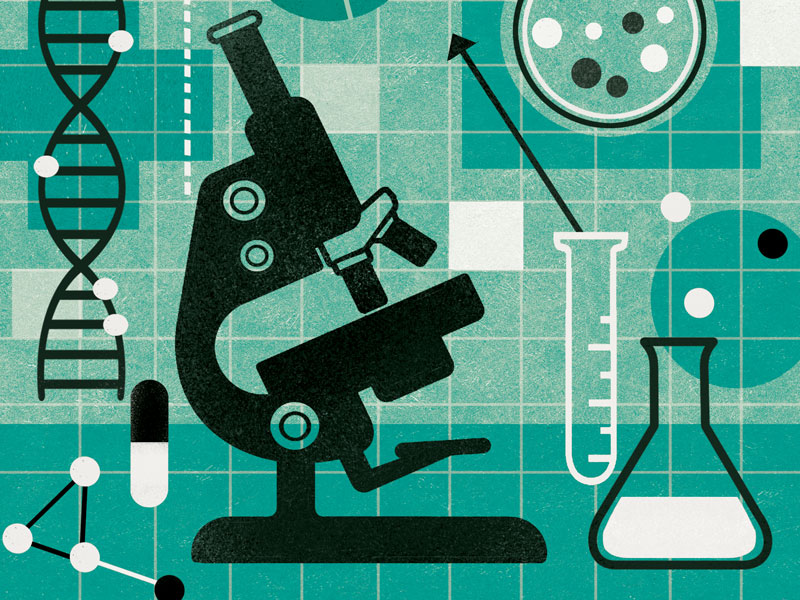
Still a popular program throughout the government, the Cancer Moonshot Initiative challenged the United States to meet goals to accelerate cancer research progress, encourage collaboration in finding treatments and cures, and to improve data sharing to make a decade’s progress in half the time. Through NIH’s Moonshot Blue Ribbon Panel and the 2016 passage of the 21st Century Cures Act—allocating $1.8 billion over seven years for Moonshot—the initiative is moving out of planning and into the research phase.
HHS Proposes Policy Changes for Medicare Advantage, Part D Drug Pricing

U.S. drug pricing systems are difficult for patients to understand, cumbersome to maneuver, and limited in access and affordability. In Medicare’s current structure, certain medications are designated as a protected class of drug, and Medicare Part D plans are obligated to cover them.
- Read more about HHS Proposes Policy Changes for Medicare Advantage, Part D Drug Pricing
- Add new comment
What Assessment Tools Are Used for Patients With Cancer and Psychiatric Diagnoses?
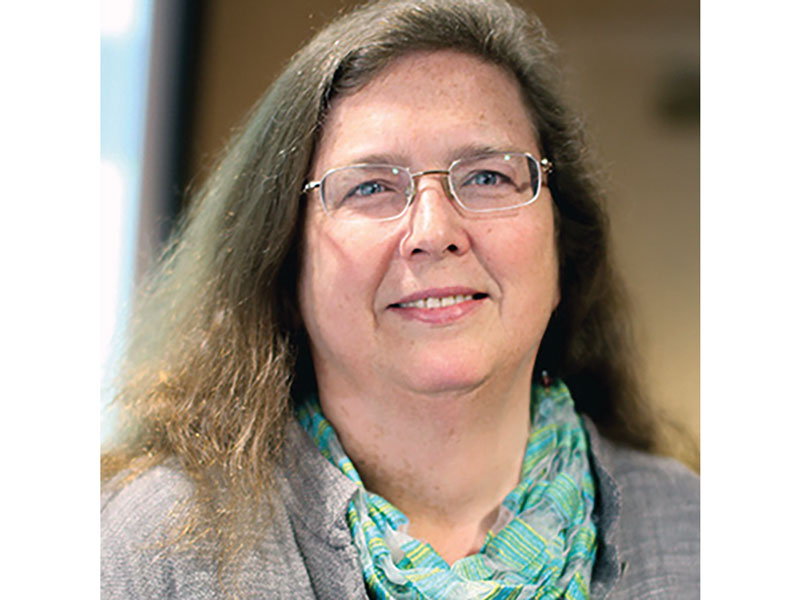
When patients with cancer also suffer from psychiatric diagnoses, it can present unique challenges to healthcare professionals. Because oncology nurses build relationships with patients while addressing issues, understanding the obstacles to practice is key to providing the best possible care. By having a keen understanding of symptoms, assessment procedures, and necessary response skills, oncology nurses can work together with the mental health team to provide holistic care throughout the cancer journey.
- Read more about What Assessment Tools Are Used for Patients With Cancer and Psychiatric Diagnoses?
- Add new comment
A Matter of Mind: When Patients With Cancer Have Psychiatric Comorbidities
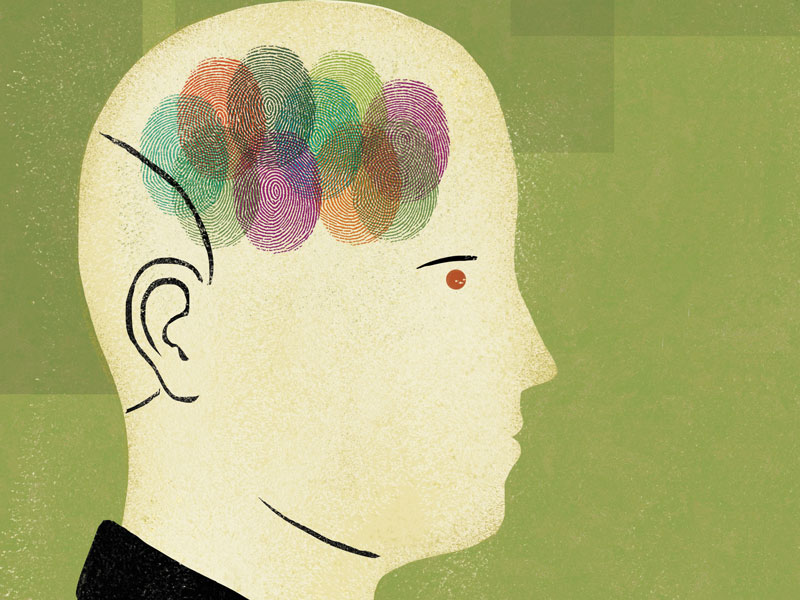
Nearly 20% of Americans experience mental illness in a given year, according to the National Alliance on Mental Illness. With diagnoses such as schizophrenia, bipolar disorder, or major depression, about one in every 25 Americans suffers from a serious mental illness that directly affects major life activities. The prevalence of mental illness in the United States can have a downstream effect on cancer care and patient outcomes, and with these statistics, oncology nurses may encounter patients with cancer who have pre-existing psychiatric disorders. Healthcare providers in fields outside of psychology need to be prepared to address the unique needs and individualized care required to support this patient population during and beyond cancer treatment.
- Read more about A Matter of Mind: When Patients With Cancer Have Psychiatric Comorbidities
- Add new comment
NIH Seeks Research Proposals Through HEAL Initiative Funding
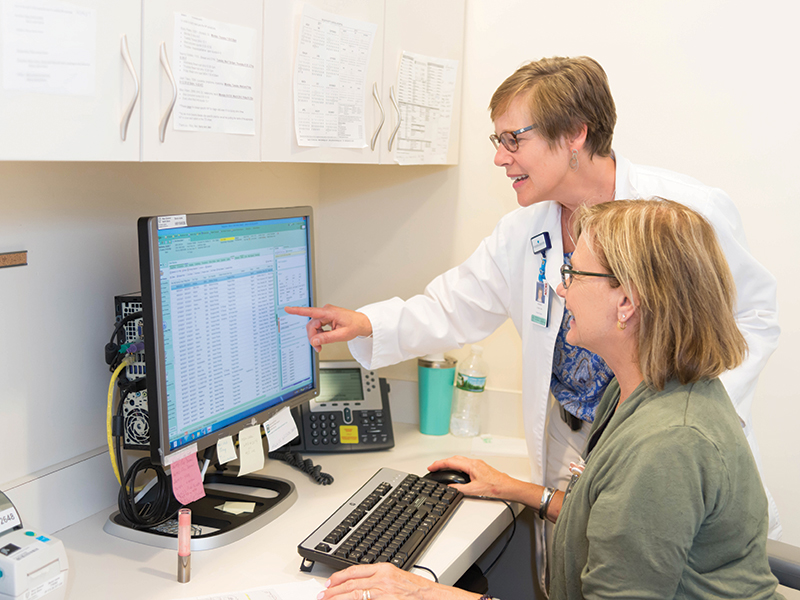
Recognizing the national opioid epidemic in the United States, the National Institutes of Health (NIH) has allocated a new funding stream for new research to address public health issues like prescription drug abuse and overdose. Through the Helping to End Addiction Long-Term (HEAL) Initiative, the NIH is offering 30 funding opportunities for researchers, awarding $850 million in support.
Bipartisan Drug Debates; Youth Vaping Epidemic; Socioeconomic Disparities and Cancer

Congress has settled in after the shutdown, and new members have taken their place on committees to begin the real work in Washington, DC. This week, the House and Senate convened similar panels to discuss the bipartisan goal to lower soaring drug costs for all Americans. Patients and families provided emotional testimony about lost loved ones because of pricey prescription medications that were out of reach.
- Read more about Bipartisan Drug Debates; Youth Vaping Epidemic; Socioeconomic Disparities and Cancer
- Add new comment
Surgeon General Declares Youth Vaping an Epidemic
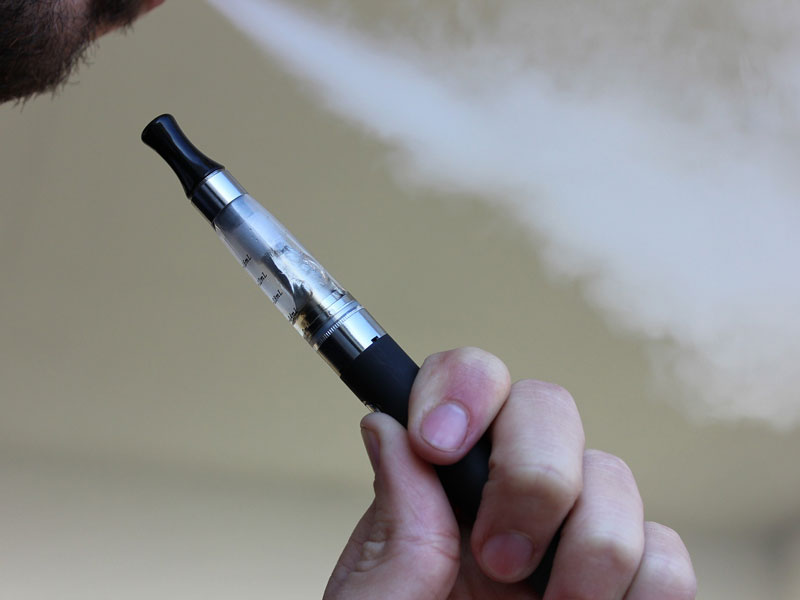
Since their inception, e-cigarettes have made the public health sector uneasy. Initial reports suggested that e-cigarettes could be an opportunity for long-time adult smokers to step down their usage, acting as a bridge to smoking cessation. However, recent reports indicate that youth vaping and e-cigarette use has risen sharply in the past two years—creating an entirely new generation of smokers. U.S. Surgeon General Vice Admiral Jerome Adams, issued a statement declaring youth vaping a national epidemic.
Nurses Ranked ‘Most Trusted Profession’ in 2018

Public opinion surveys from respected groups such as Gallup serve as a barometer on certain topics and issues. In Gallup’s 2019 poll assessing ethics and honesty, nurses were again ranked the most-trusted profession in the United States for the 20th year. In 2019, 84% of respondents said they rated nurses “very high” for honesty and ethical standards, leading the pack by a wide margin. Patients, families, and caregivers know firsthand that nurses are driving patient-centered care. For that very reason, they rank nurses higher than physicians, clergy, police officers, and educators. It’s a position that commands respect.
Which of the Following Drug Is Most Likely to Have a Synergistic Effect When Combined With Radiation Therapy?
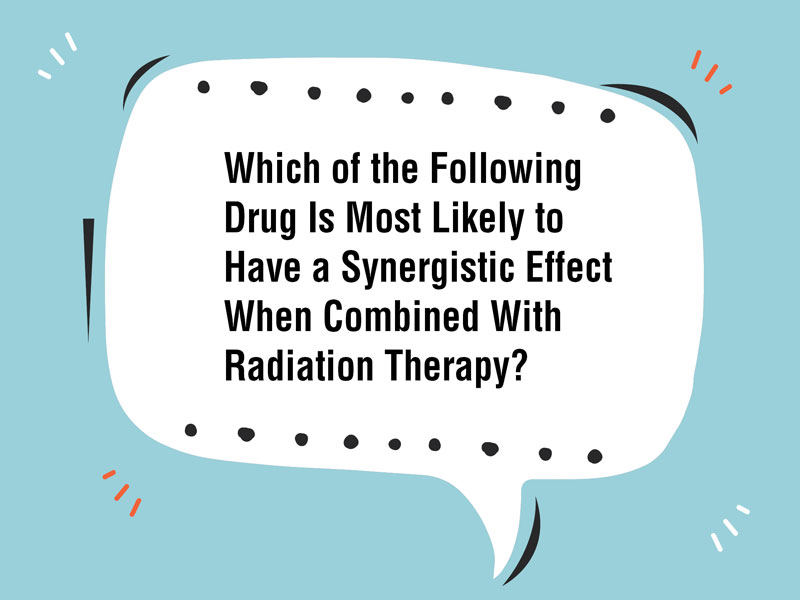
Which of the Following Drug Is Most Likely to Have a Synergistic Effect When Combined With Radiation Therapy?
A. Amifostine
B. Pentoxifylline
C. Palifermin
D. Ipilimumab





